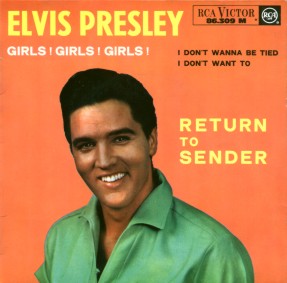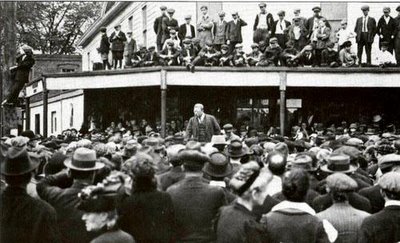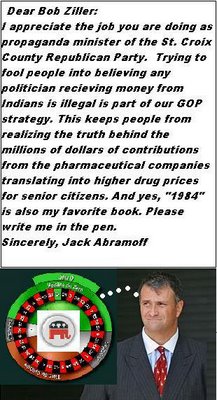Open Letter to the Hudson Anti-School Choice Apologists
 Below is an "open letter" from the OTBL'ers to folks like us. The title is misleading, since it isn't actually open since only a select, controled group of yes-men are allowed into their blog house. But the paranoid cower behind their locked doors and do all in their power to keep the light of debate and discussion away from the darkness hiding inside their door. We can discuss this topic in an intelligent, rational manner...I think. Likewise, the OTBL'ers, as always are welcome to join us in the discussion.
Below is an "open letter" from the OTBL'ers to folks like us. The title is misleading, since it isn't actually open since only a select, controled group of yes-men are allowed into their blog house. But the paranoid cower behind their locked doors and do all in their power to keep the light of debate and discussion away from the darkness hiding inside their door. We can discuss this topic in an intelligent, rational manner...I think. Likewise, the OTBL'ers, as always are welcome to join us in the discussion.
JPN aka dratsum
----
Filed under: General, News, Education General --- INhyphenTHEhyphenKNOW @ 6:50
Opponents of school choice often claim that it will destroy the public schools, as they think students will leave for private options. Notwithstanding the pure irony of this argument (in his 1994 book School Choice, David Harmer writes: "If students can’t wait to leave, what does that say about the quality of schools? That is an argument for school choice, not against it. The exodus argument sounds like the old East German regime talking about the Berlin Wall: if we take it down, everyone will leave. Exactly; that is precisely why it should come down."), studies have shown that competition forces public schools to improve immensely so they can retain their student population. According to World magazine (July 1, 2000), in Florida, where a voucher system has been instituted, even the mere hint at opening competition among schools caused the public schools to seek improvements and become more effective in their academics and administration.
In addition, those who warn that vouchers or tax credits will not cover transportation costs of students need to keep this in mind: a competitive market will invite a number of new schools to open across existing districts. To get the competitive edge, many competing schools will also offer transportation to students who do not live in the immediate area. Options and services increase as the market operates freely.
By denying parents the right to a competitive product, the government system of schools continues to provide low-performing, unsafe, and inefficient schools. Granted, there are many fine public schools in the country that truly prepare children for life with a solid education, but there are just as many that do not, making the case for competition even more sensible. The answer is not pumping more tax money into a command system; the failed socialist experiments of Eastern Europe have proven that no matter how much money is budgeted for a government program, it is the lack of competition that causes such systems to become unaccountable to its forced consumers.
It is time for this unnatural monopoly to be stripped of its exclusive supply of education. Competition through school choice will accomplish just that.




























































